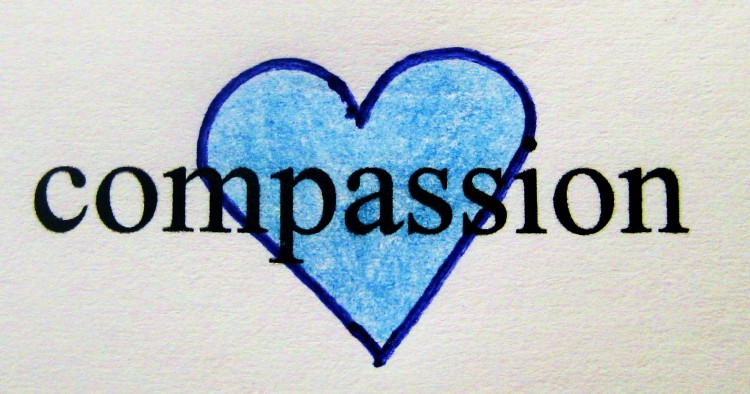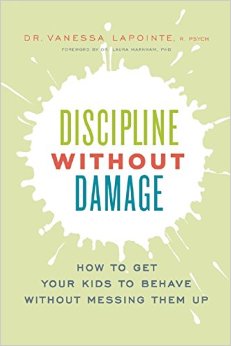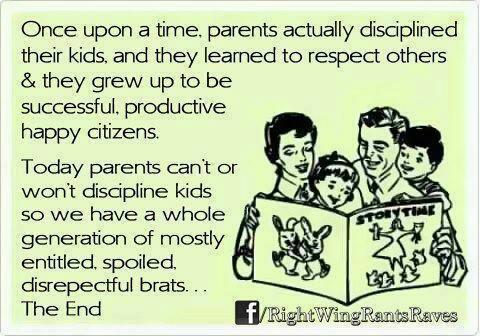By Dr. Vanessa LaPointe
I am a mom. And a psychologist who works with children and parents. Talk about an occupational hazard! But it is through wearing these two hats that I live the science of child development. I have the amazing privilege in my every day life of seeing the growth of my two boys and also the growth of my client families. Sadly, alongside that, I have also seen the heartbreak of discipline that is not aligned with contemporary theory and science.
One of a child’s most foundational needs is that of relational connection. And yet, our dominant culture is consumed with approaches to discipline – time outs, rewards charts, and consequences to name a few –that sell out on this need, probably because on the outside such approaches appear to work in stopping the behavior. But this comes at a cost – our children’s healthy development.
To approach discipline without damage, I share these 3 keys:
Respond with Connection

So often when a child is acting out, adults are keen to rush in and demand an end to whatever the child is doing. And to be sure, there are certain instances where the need for physical safety will require this kind of approach as your opening line. However, whenever possible, the ideal way to manage a situation in which difficult behavior has presented is to have the child feel your connection—that you understand her, you get her, you are picking up what she is putting down.
It may be simply an expression on your face that emotes sympathy for the child. It may be a physical gesture, like a hug, a gentle hand on her arm, or a move to shield her from curious gazes. And very often it will be something you communicate with your voice, using both tone and words. A quiet and compassionate: “You look like you are having a really hard time” followed by “I will help you… Come with me… We will get this sorted…” may be just what is needed.
Maintain Firmness with Kindness
A child needs to continue to feel cared for while the parent is using “swagger” to confidently hold a line. In effect, what we must communicate to the child is a “no,” backed by an “I know you’re disappointed” (or another affirmation, such as “I know you’re sad, upset, or confused”). I call this the “no/I know” response, and the balance of this is essential.
If we get going too much with the “no,” we quickly slide down the slippery slope of rigidly enforcing the boundary in an unfeeling way. When this happens, the child shuts down, the relationship takes a hit, and further disregulation and acting out often ensue. Alternatively, if we get going too much with the “I know…,” we allow the boundary to slip away. When this happens, the child experiences a lack of safety and loses an important opportunity to face disappointment and eventually acceptance in an atmosphere of containment and caring support.
Keep Relationship as the Bottom Line
In the moments of challenging behaviour it can become tempting to fall back on another behavioral technique you know or you might even blank out about how to respond. Just remember this: hold relationship as your bottom line. Whatever you do, have it be something that flows from your connection with your child.
Think about it like this. When you come home from a hard day at work and you get all grumpy with your partner, how do you most need that person to respond? Do you need to be reminded of how rude you are being or told to go to your room until you are ready to be nice? There is a pretty good chance that any one of these responses will make you grumpier rather than calming your emotions. What if, instead, your partner responded with a simple statement of understanding and a gesture of kindness? What if she said, “Uh oh. It sounds like you have maybe had a tough day. Listen, the laundry can wait, and the kids’ homework is already done. Why don’t you go and have a relaxing bath? I’ll take care of dinner. And once the kids are in bed, come sit with me and tell me what’s happened. We’re okay, hon—I’ve got you. All good.” I bet your reaction would be very different! That response affirms your relationship, acknowledges your limitations in a soft way and offers some care and safekeeping rather than irritation or anger.

So think about how you would like to be acknowledged in your own moments of frustration. Channel that connection and compassion and do exactly the same for your child.
—
About

Dr. Vanessa is a registered psychologist, parenting expert, mother-of-two and the author of Discipline Without Damage, an easy-to-read, science-based book. Her goal is to show parents and caregivers how discipline affects children’s development, and why the disciplinary strategies that may have been used on us as children are not necessarily the ones our children really need.

Get parenting tips and articles from Dr. Vanessa on her website, or follow her on Facebook and Twitter.
—
I have written quite a few posts on this topic, and parenting and discipline is such a fine balance. Today, the “on the fence” question is: How do we parent our children with both unconditional love and effective discipline, and how do we as parents learn the fine balance between knowing when to pick our battles and letting the little things slide, and being stern enough. I’d love to hear your thoughts.
Many parents still go by this school of thought.

What say you?





And a psychologist who works with children and parents. Talk about an occupational hazard! But it is through wearing these two hats that I live the science of child development. Where did you get this information?